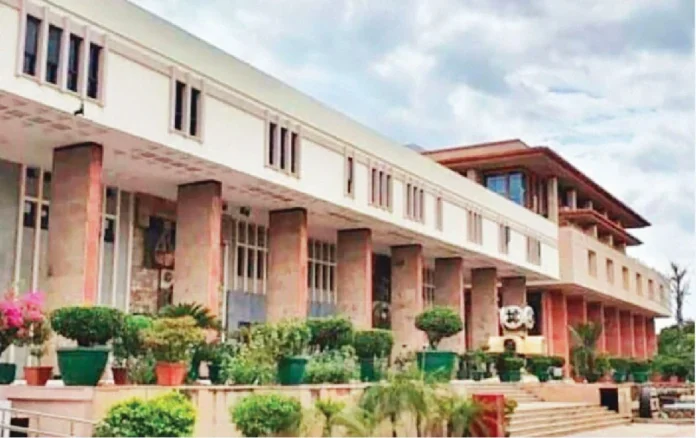By Binny Yadav
The recent Delhi High Court Bar Association (DHCBA) elections marked a historic milestone as, for the first time, a female advocate was elected Treasurer—a position reserved for women under a 2024 Supreme Court ruling. The decision, delivered by Justices Surya Kant and Ujjal Bhuyan, aimed to ensure fair representation of women in the governing body, a space where they have traditionally struggled to secure positions. However, while some hail it as a step towards affirmative justice, others criticize it as judicial overreach.
Bridging The Gender Gap Through Reservation
Supporters argue that the Supreme Court’s intervention aligns with broader affirmative action policies designed to increase female participation in leadership roles within legal institutions. Historically, women have been underrepresented in Bar association governance due to systemic barriers and ingrained biases. Since its inception in 1966, the DHCBA has never elected a female president, highlighting this disparity.
By reserving the Treasurer’s post, the Supreme Court has created an opportunity for female advocates to gain administrative experience, inspiring future generations to seek leadership roles. Proponents emphasize that diverse representation in decision-making bodies enriches governance and brings new perspectives.
Affirmative action, enshrined in the Constitution, aims to correct historical inequalities. The 73rd and 74th Constitutional amendments reserved seats for women in local governance, setting a precedent. The Supreme Court had also previously mandated a 33 percent quota for women in the Supreme Court Bar Association’s executive committee, reinforcing the push for gender inclusivity in legal institutions.
A Departure From Constitutional Principles?
Critics, however, argue that reserving a post in the DHCBA deviates from the original intent of affirmative action, which was designed to uplift socially and educationally disadvantaged groups. Unlike marginalized communities, female advocates have access to the same legal education and opportunities as their male counterparts.
Opponents assert that the legal profession is inherently merit-based, where advocates are judged by their expertise and courtroom skills rather than gender. The reservation policy, they fear, could set a precedent for similar mandates in other professional bodies, potentially undermining meritocracy.
During the DHCBA’s general body meeting on October 7, 2024, members unanimously rejected the proposal for reservations, arguing that female advocates—who comprise about 22 percent of the total membership—have already secured positions in the executive committee on merit.
However, the Supreme Court questioned this rejection, asking the DHCBA whether its decision aligned with the constitutional ethos of ensuring women’s representation. Justice Surya Kant, addressing then-DHCBA president Mohit Mathur, remarked: “You have the cream of legal luminaries to whom the nation looks up to. The Bar in Delhi, being part of a cosmopolitan culture, stands on a higher pedestal. We would like to see what reasons they have given to deny this.”
The Court was hearing a petition filed by three female lawyers—Fozia Rehman, Aditi Chaudhary and Shobha Gupta—seeking women’s reservation in the DHCBA executive committee.
Balancing Affirmative Action And Meritocracy
The debate highlights the challenge of balancing affirmative action with meritocracy. While ensuring representation for historically underrepresented groups is essential, measures must not compromise the principle of equal opportunity.
A potential middle ground could involve policies that empower and encourage female advocates to contest elections voluntarily, rather than through mandated reservations. This could include:
- Mentorship programmes to guide young female lawyers.
- Leadership training to equip them with skills for governance roles.
- Institutional support to build confidence and networks.
Promoting a culture of inclusivity and active female leadership could bridge the gender gap organically, without resorting to reservations.
The reservation of the Treasurer’s post for women in the DHCBA has ignited an important conversation about gender representation in professional associations. While it is a progressive move towards inclusivity, it also raises critical questions about the scope of affirmative action. The legal fraternity must engage in constructive dialogue to ensure that diversity measures are both effective and constitutionally sound.
The challenge lies in crafting policies that dismantle systemic barriers while upholding fairness and equality—a debate that will shape the future of legal governance in India.
—The writer is a New Delhi-based journalist, lawyer and trained mediator


